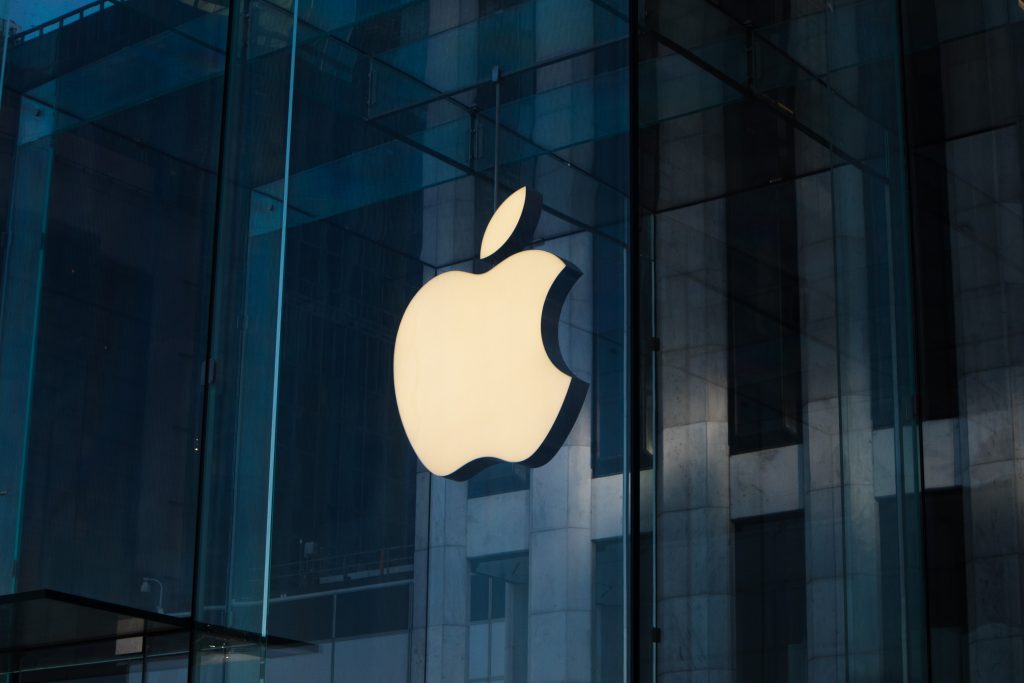Latest reports indicate that Apple has halted development on its own Wi-Fi chip, which was intended to replace the one supplied by Broadcom. The company was hoping to have its own chip ready for the 2025 iPhone 17 lineup, but according to TF International’s Ming-Chi Kuo, Apple has run into issues developing a single component that supports both Wi-Fi and Bluetooth connectivity in a single chip. As a result, Broadcom is set to benefit from the iPhone 15’s upgrade to Wi-Fi 6E and the industry-standard upgrade to Wi-Fi 6E/7.

Kuo adds that developing a Wi-Fi and Bluetooth combo chip is far more challenging than designing a Wi-Fi-only chip. A majority of Apple’s products use Broadcom’s combo chip, which would make it harder for Apple to switch the entirety of Broadcom’s chipsets to its own. On the other hand, Apple is still expected to complete the development of its 5G modem chip, which was intended to replace the Qualcomm Snapdragon 5G modem currently used by the company. However, there have been delays due to “insufficient development resources” and issues with Qualcomm patents. Apple is still expected to eventually use its own 5G modem in future iPhones.
According to Kuo, Apple’s engineering resources are diverted towards the development of its Apple Silicon for TSMC’s 3nm process node. The company hopes to begin mass production of the “world’s most advanced 3nm processors” sometime later this year. This chip is expected to significantly improve performance and energy-efficiency compared to its predecessors, since a lower process node number implies a higher transistor count.
As a result of the slowdown in processor upgrades, Broadcom is set to benefit as the supplier of the new Wi-Fi 6E chips for the iPhone 15 series at a higher average selling price. Meanwhile, Qualcomm, which had expected to see its share of new iPhone models using its modem drop to 20%, is now back at 100% until Apple figures out an effective solution to the 5G modem development snag. This news has been met with positive reactions from both Broadcom and Qualcomm stockholders.
RELATED:
- Apple Wants to Destroy Google: Former Engineers Speak Out
- Apple iPhone 15 to Feature Wi-Fi 6E Like New iPad Pro & Macs: Report
- Apple Starts Selling Refurbished iPhone 13 Smartphones in Europe
(Source)







